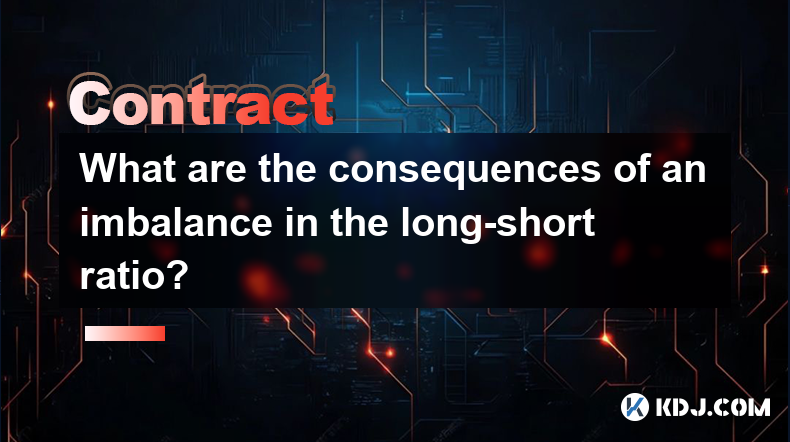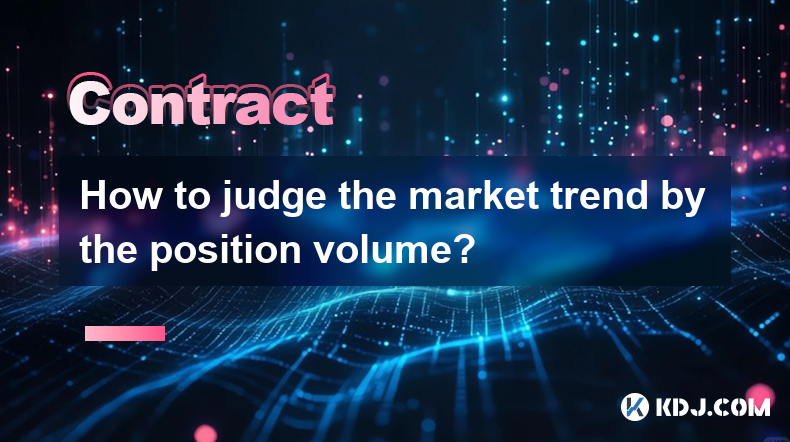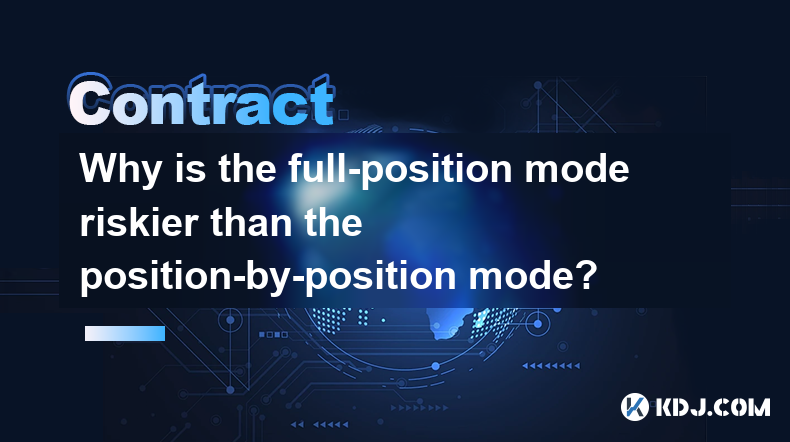-
 Bitcoin
Bitcoin $88,339.1961
0.91% -
 Ethereum
Ethereum $1,623.6446
-1.44% -
 Tether USDt
Tether USDt $1.0000
0.00% -
 XRP
XRP $2.0967
-1.79% -
 BNB
BNB $605.9401
0.19% -
 Solana
Solana $139.2951
-0.86% -
 USDC
USDC $0.9999
0.00% -
 Dogecoin
Dogecoin $0.1638
0.91% -
 TRON
TRON $0.2483
1.38% -
 Cardano
Cardano $0.6385
-1.29% -
 Chainlink
Chainlink $13.3308
-1.87% -
 Avalanche
Avalanche $20.1673
-2.64% -
 UNUS SED LEO
UNUS SED LEO $9.0629
-4.15% -
 Stellar
Stellar $0.2460
-5.31% -
 Sui
Sui $2.3030
1.33% -
 Shiba Inu
Shiba Inu $0.0...01249
-1.52% -
 Toncoin
Toncoin $2.9244
-3.95% -
 Hedera
Hedera $0.1729
-0.43% -
 Bitcoin Cash
Bitcoin Cash $346.6981
1.20% -
 Hyperliquid
Hyperliquid $18.1539
-1.20% -
 Litecoin
Litecoin $79.7883
-1.84% -
 Polkadot
Polkadot $3.7535
-5.04% -
 Dai
Dai $0.9999
-0.01% -
 Bitget Token
Bitget Token $4.4438
-1.20% -
 Ethena USDe
Ethena USDe $0.9992
0.00% -
 Pi
Pi $0.6312
-1.10% -
 Monero
Monero $217.0320
0.33% -
 Pepe
Pepe $0.0...08106
3.02% -
 Uniswap
Uniswap $5.3710
-1.84% -
 OKB
OKB $50.9721
-0.22%
How to interpret the long-short-ratio data in Bitcoin contract trading?
The Long-Short Ratio (LSR) measures the sentiment of a market by comparing the number of buy (long) to sell (short) positions, indicating market bullishness or bearishness.
Feb 22, 2025 at 03:48 am

Key Points:
- Understanding the Long-Short Ratio
- Interpreting Long-Short Ratio Data
- Trading Strategies Based on Long-Short Ratio Analysis
- Common Mistakes in Using Long-Short Ratio Data
- FAQs
Understanding the Long-Short Ratio
The Long-Short Ratio (LSR) is a metric that measures the relative number of traders who have placed long (buy) positions compared to those who have placed short (sell) positions in a given market. In the context of Bitcoin contract trading, the LSR represents the ratio of traders who believe the price of Bitcoin will rise to those who believe the price will fall.
Interpreting Long-Short Ratio Data
The LSR can provide valuable insights into the sentiment of the market. Generally, a high LSR indicates that more traders are bullish on the market and are actively buying contracts. Conversely, a low LSR suggests that more traders are bearish and are betting on the price to decline.
However, it is important to remember that the LSR is only one data point and should not be used as the sole basis for making trading decisions. Other factors, such as volume and price action, should also be considered.
Trading Strategies Based on Long-Short Ratio Analysis
Traders can use LSR data to inform their trading strategies. One common approach is to take a long position when the LSR is high and a short position when the LSR is low. This strategy assumes that the majority of traders have the wrong idea and that by trading against them, profits can be made.
Another approach is to use the LSR as a confirmation signal. For example, a trader may look for a breakout in the price of Bitcoin followed by a confirmation from a high LSR to enter a long position.
Common Mistakes in Using Long-Short Ratio Data
There are several common mistakes that traders make when using LSR data:
- Overreliance on LSR: The LSR is just one piece of data and should not be used in isolation.
- Ignoring other factors: Volume, price action, and other market indicators should also be considered.
- Trading against the crowd: While it is tempting to trade against the majority, this can be a risky strategy.
- Not considering timeframes: The LSR can change rapidly, and traders should consider the timeframe over which the data is being analyzed.
FAQs
- What is a Long-Short Ratio?
It is a metric that measures the relative number of traders who have placed long (buy) positions compared to those who have placed short (sell) positions in a given market. - How can the Long-Short Ratio be used in trading?
Traders can use LSR data to inform their trading strategies, such as taking a long position when the LSR is high and a short position when the LSR is low. - What are some common mistakes to avoid when using the Long-Short Ratio?
Overreliance on LSR, ignoring other factors, trading against the crowd, and not considering timeframes.
Additional Information
- The LSR is a useful metric for understanding market sentiment.
- It can be used to inform trading strategies, but should not be used in isolation.
- Traders should consider the timeframe over which the LSR is being analyzed.
- Other factors, such as volume and price action, should also be considered.
- The LSR can be a valuable tool for traders who are able to interpret and use it effectively.
Disclaimer:info@kdj.com
The information provided is not trading advice. kdj.com does not assume any responsibility for any investments made based on the information provided in this article. Cryptocurrencies are highly volatile and it is highly recommended that you invest with caution after thorough research!
If you believe that the content used on this website infringes your copyright, please contact us immediately (info@kdj.com) and we will delete it promptly.
- AVAX Price Prediction 2025: Will Avalanche Reach New Heights?
- 2025-04-22 17:50:12
- XRP Price Prediction Shows Bullish Momentum After Coinbase Lists Its Futures Contracts
- 2025-04-22 17:50:12
- Bitcoin is surging again, capturing the spotlight in the crypto world.
- 2025-04-22 17:45:12
- Pi Network (PI) Holds Above $0.63: $5 Price Prediction and Whale Accumulation Fuel Optimism
- 2025-04-22 17:45:12
- One of the cryptocurrencies that ranked in the eleventh place, Chainlink, has been in the spotlight as it is traded at $13.12
- 2025-04-22 17:40:12
- Pi Network's Token Structure Promises a Fair Launch
- 2025-04-22 17:40:12
Related knowledge

How does Tail Protection reduce the loss of liquidation?
Apr 11,2025 at 01:50am
Introduction to Tail Protection in CryptocurrencyTail Protection is a mechanism designed to mitigate the risks associated with liquidation in cryptocurrency trading. Liquidation occurs when a trader's position is forcibly closed by the exchange due to insufficient margin to cover potential losses. This often happens in leveraged trading, where traders b...

What are the consequences of an imbalance in the long-short ratio?
Apr 13,2025 at 02:50pm
The long-short ratio is a critical metric in the cryptocurrency trading world, reflecting the balance between bullish and bearish sentiments among traders. An imbalance in this ratio can have significant consequences on the market dynamics, affecting everything from price volatility to trading strategies. Understanding these consequences is essential fo...

How to judge the market trend by the position volume?
Apr 11,2025 at 02:29pm
Understanding how to judge the market trend by position volume is crucial for any cryptocurrency trader. Position volume, which refers to the total number of open positions in a particular cryptocurrency, can provide valuable insights into market sentiment and potential price movements. By analyzing this data, traders can make more informed decisions ab...

Why does a perpetual contract have no expiration date?
Apr 09,2025 at 08:43pm
Perpetual contracts, also known as perpetual futures or perpetual swaps, are a type of derivative product that has gained significant popularity in the cryptocurrency market. Unlike traditional futures contracts, which have a fixed expiration date, perpetual contracts do not expire. This unique feature raises the question: why does a perpetual contract ...

Why is the full-position mode riskier than the position-by-position mode?
Apr 13,2025 at 03:42pm
Why is the Full-Position Mode Riskier Than the Position-by-Position Mode? In the world of cryptocurrency trading, the choice between full-position mode and position-by-position mode can significantly impact the risk profile of a trader's portfolio. Understanding the differences between these two modes is crucial for making informed trading decisions. Th...

How is the liquidation price calculated?
Apr 12,2025 at 01:35am
Introduction to Liquidation PriceLiquidation price is a critical concept in the world of cryptocurrency trading, particularly when dealing with leveraged positions. Understanding how this price is calculated is essential for traders to manage their risk effectively. The liquidation price is the point at which a trader's position is forcibly closed by th...

How does Tail Protection reduce the loss of liquidation?
Apr 11,2025 at 01:50am
Introduction to Tail Protection in CryptocurrencyTail Protection is a mechanism designed to mitigate the risks associated with liquidation in cryptocurrency trading. Liquidation occurs when a trader's position is forcibly closed by the exchange due to insufficient margin to cover potential losses. This often happens in leveraged trading, where traders b...

What are the consequences of an imbalance in the long-short ratio?
Apr 13,2025 at 02:50pm
The long-short ratio is a critical metric in the cryptocurrency trading world, reflecting the balance between bullish and bearish sentiments among traders. An imbalance in this ratio can have significant consequences on the market dynamics, affecting everything from price volatility to trading strategies. Understanding these consequences is essential fo...

How to judge the market trend by the position volume?
Apr 11,2025 at 02:29pm
Understanding how to judge the market trend by position volume is crucial for any cryptocurrency trader. Position volume, which refers to the total number of open positions in a particular cryptocurrency, can provide valuable insights into market sentiment and potential price movements. By analyzing this data, traders can make more informed decisions ab...

Why does a perpetual contract have no expiration date?
Apr 09,2025 at 08:43pm
Perpetual contracts, also known as perpetual futures or perpetual swaps, are a type of derivative product that has gained significant popularity in the cryptocurrency market. Unlike traditional futures contracts, which have a fixed expiration date, perpetual contracts do not expire. This unique feature raises the question: why does a perpetual contract ...

Why is the full-position mode riskier than the position-by-position mode?
Apr 13,2025 at 03:42pm
Why is the Full-Position Mode Riskier Than the Position-by-Position Mode? In the world of cryptocurrency trading, the choice between full-position mode and position-by-position mode can significantly impact the risk profile of a trader's portfolio. Understanding the differences between these two modes is crucial for making informed trading decisions. Th...

How is the liquidation price calculated?
Apr 12,2025 at 01:35am
Introduction to Liquidation PriceLiquidation price is a critical concept in the world of cryptocurrency trading, particularly when dealing with leveraged positions. Understanding how this price is calculated is essential for traders to manage their risk effectively. The liquidation price is the point at which a trader's position is forcibly closed by th...
See all articles























































































